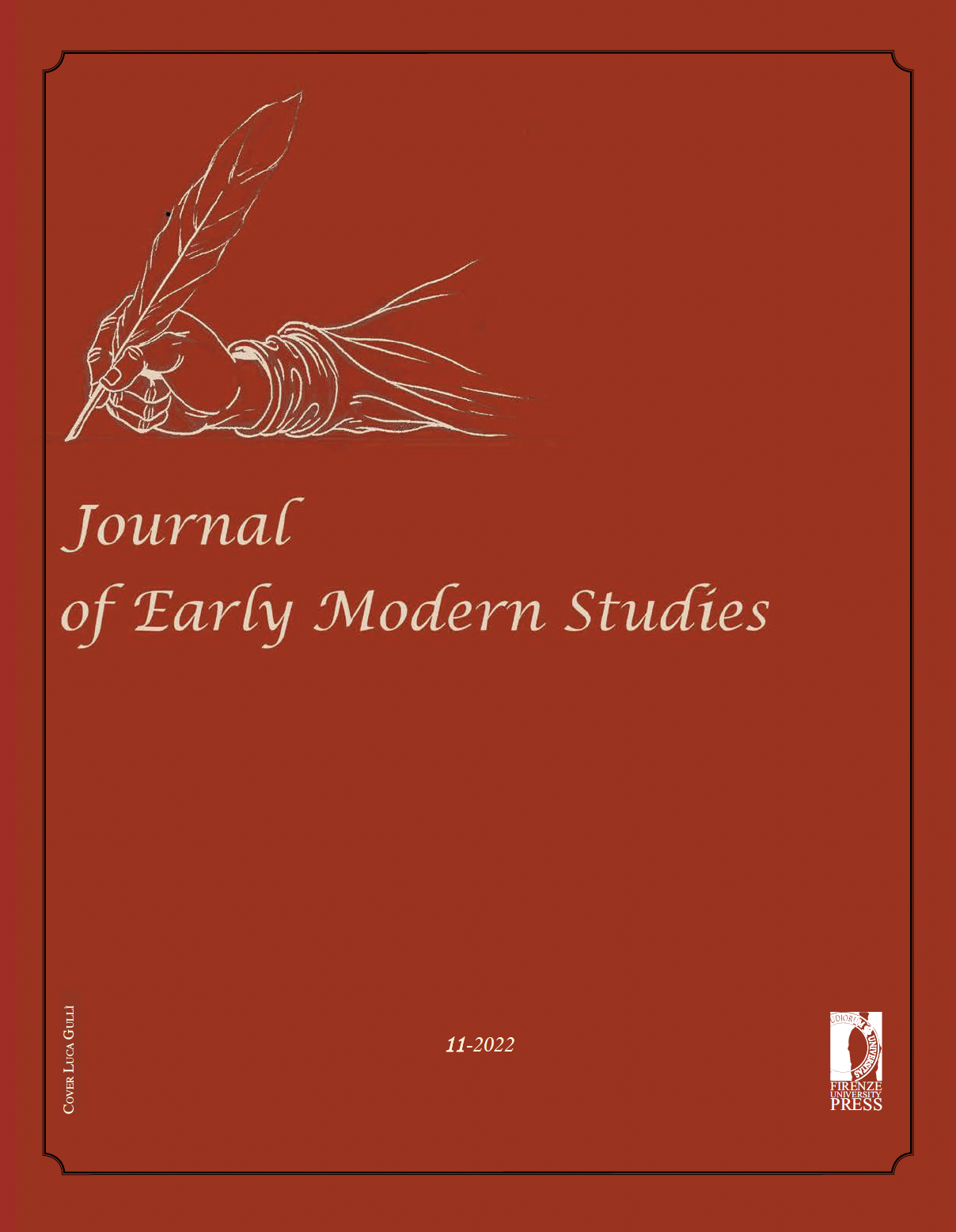Published 2022-03-24
Keywords
- Modernism,
- Reader-Response Criticism,
- The Waste Land,
- T.S. Eliot,
- Western Canon
How to Cite
Abstract
After one hundred years, The Waste Land continues to appeal to new readers and performers while preserving its status as a monument of twentieth-century literature that conveys the spirit of the times more than any other poem of the period. Its numerous sources, borrowings and quotations have become familiar to generations of readers who have inherited the canon established by Eliot: Dante and his contemporaries, the Elizabethans and Jacobeans, and the French Symbolists. But The Waste Land also brings together fragments of culture high and low and is a sympathetic portrayal of a modern inferno that the poet shares with the wraiths whose voices he intercepts. Thus it is a classic, a poem for all times and all people, a Shakespearean phantasmagoria that mixes classes, languages and cultures, and finally is animated by the zest and gusto of the eternal survivor.


